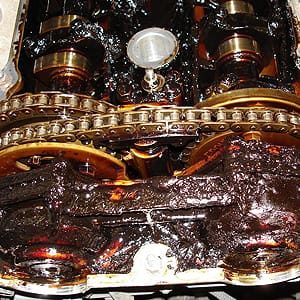
Coolant, cooling system and maintenance.
Drop into any Autobahn service centre and one of our technicians can service or repair your cars cooling system.
Autobahn recommends and uses Castrol Coolants that meet or exceed manufacturer specifications..
If more than half your journeys take fewer than 20km, you should change your oil every 7500km.

If a modern engine rattles or taps when cold, it may need thinner oil. Heavy loads, sustained high speeds or towing may require a synthetic oil for best protection. Topping up an engine that uses oil with new oil is NOT the same as giving it an oil change. The contaminates left behind increase in concentration each time the oil level drops. They need to be drained out. A car used for frequent short trips may not appear to use oil but contaminates build up.
Oil must be checked on a long drive because there can be a sudden drop in oil level after they boil out. The latest unleaded engines produce nastier by-products and they also have less oil (for light weight and faster warm up); oil can clog up if not checked often enough. The 10,000km oil change should be treated as an absolute maximum. If your car does not cover that distance in 6 months, the oil should be changed regardless.